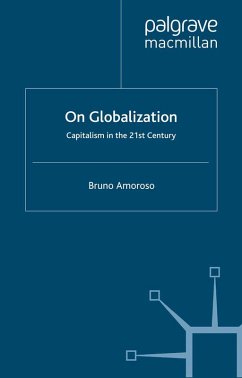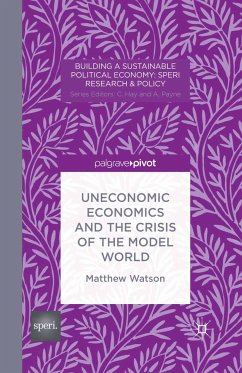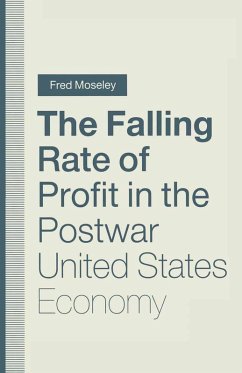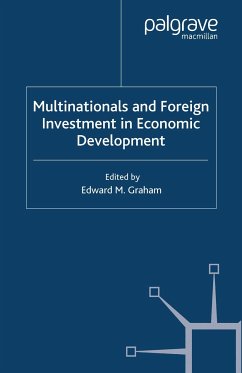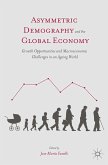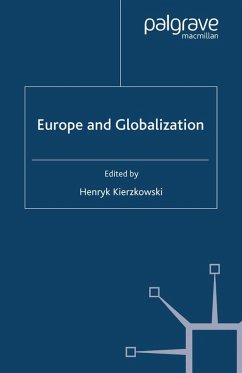Dieser Download kann aus rechtlichen Gründen nur mit Rechnungsadresse in A, B, BG, CY, CZ, D, DK, EW, E, FIN, F, GR, HR, H, IRL, I, LT, L, LR, M, NL, PL, P, R, S, SLO, SK ausgeliefert werden.
Amoroso is prepared to follow Marx in claiming that 'globalization' is the historical form of the paradox of capitalism's growth, but he is not prepared to argue either that this paradox produces a revolutionary class capable of resolving it, or that the paradox will explode itself in some final crisis. Instead, he believes that we must meet the world halfway, recognizing the multi-national nature of our interests, but seeking to organize those interests in 'polycentric' communities, capable of fostering 'partnership, cooperation and exchange'. - Times Literary Supplement

